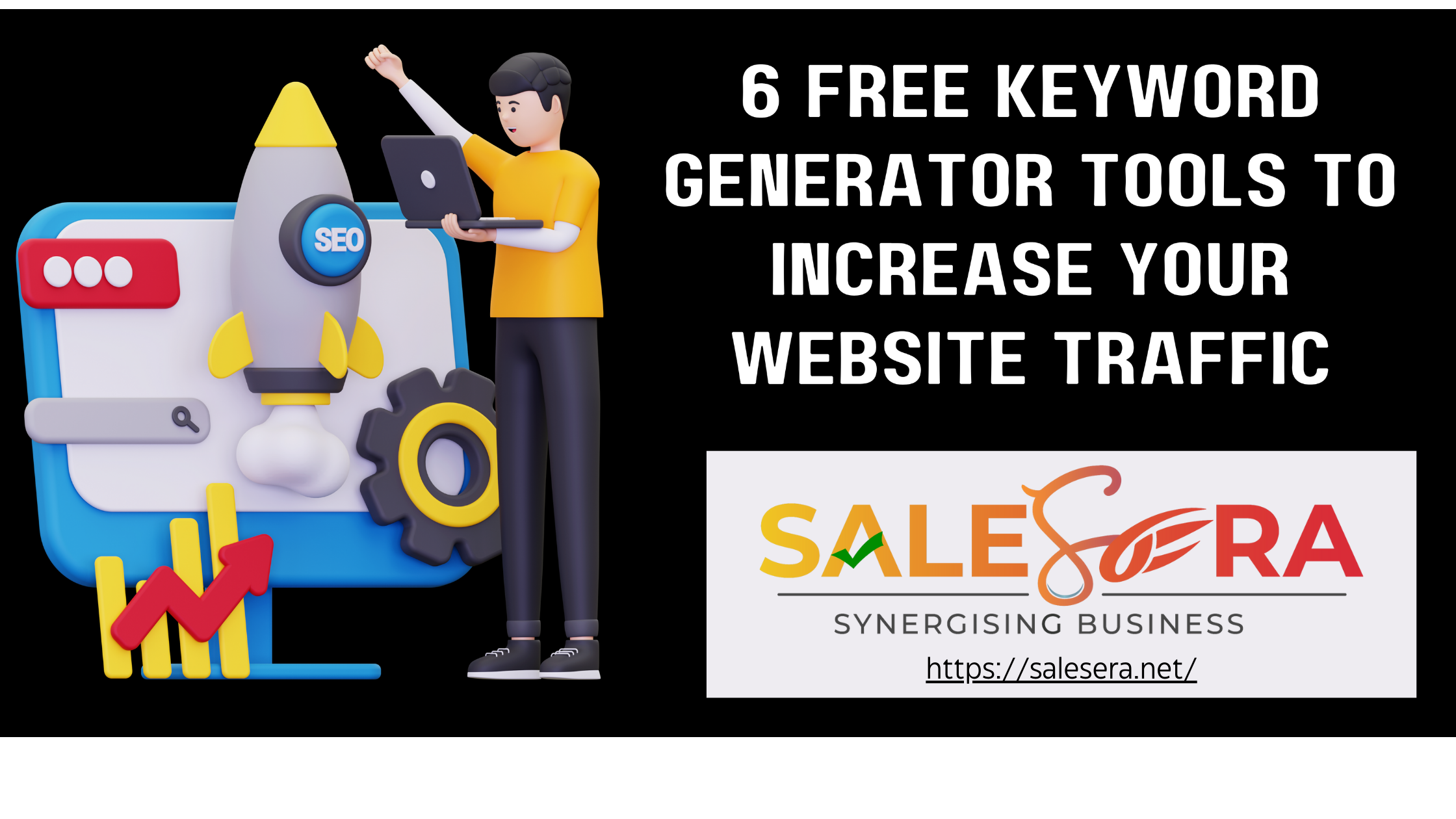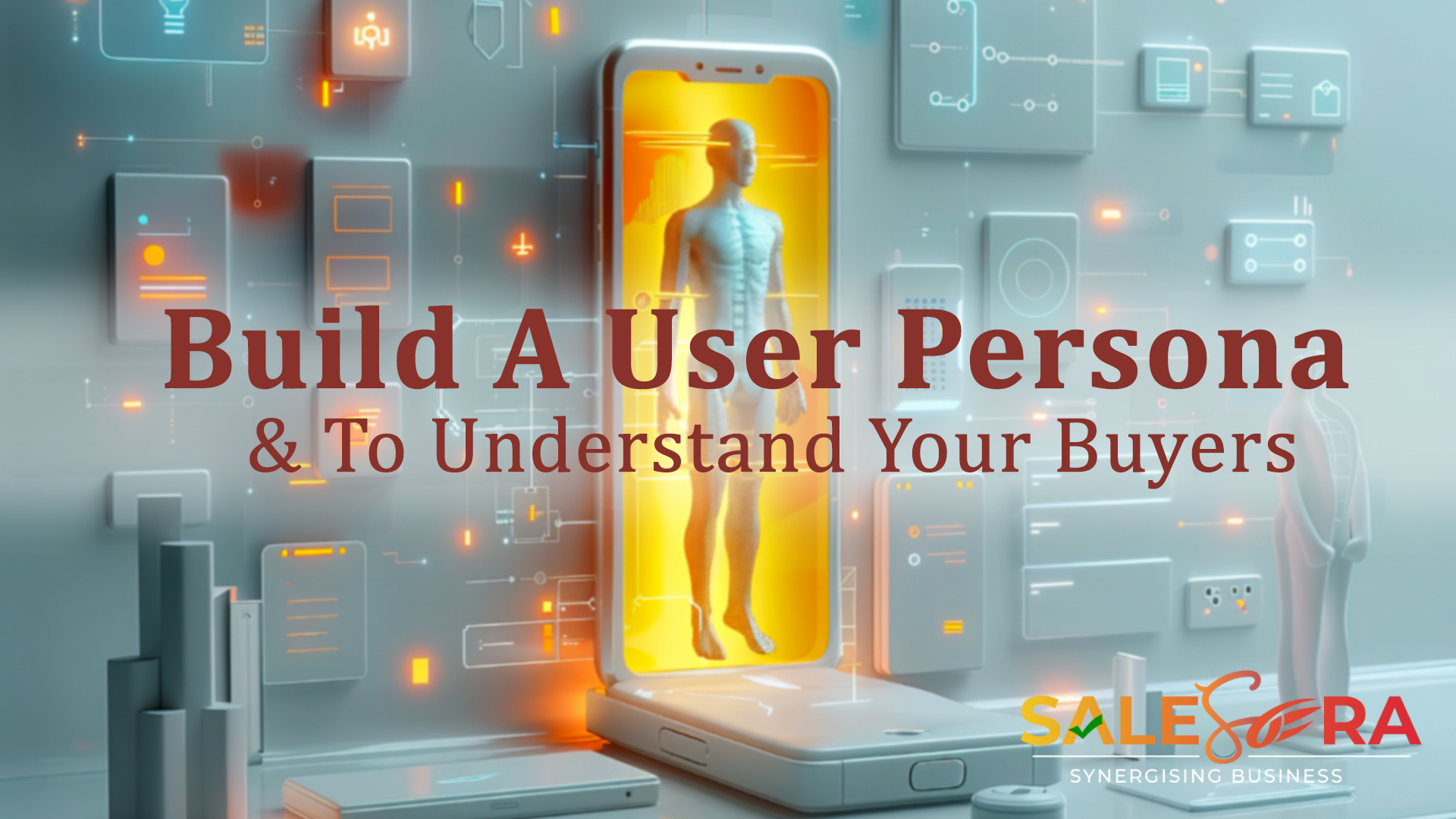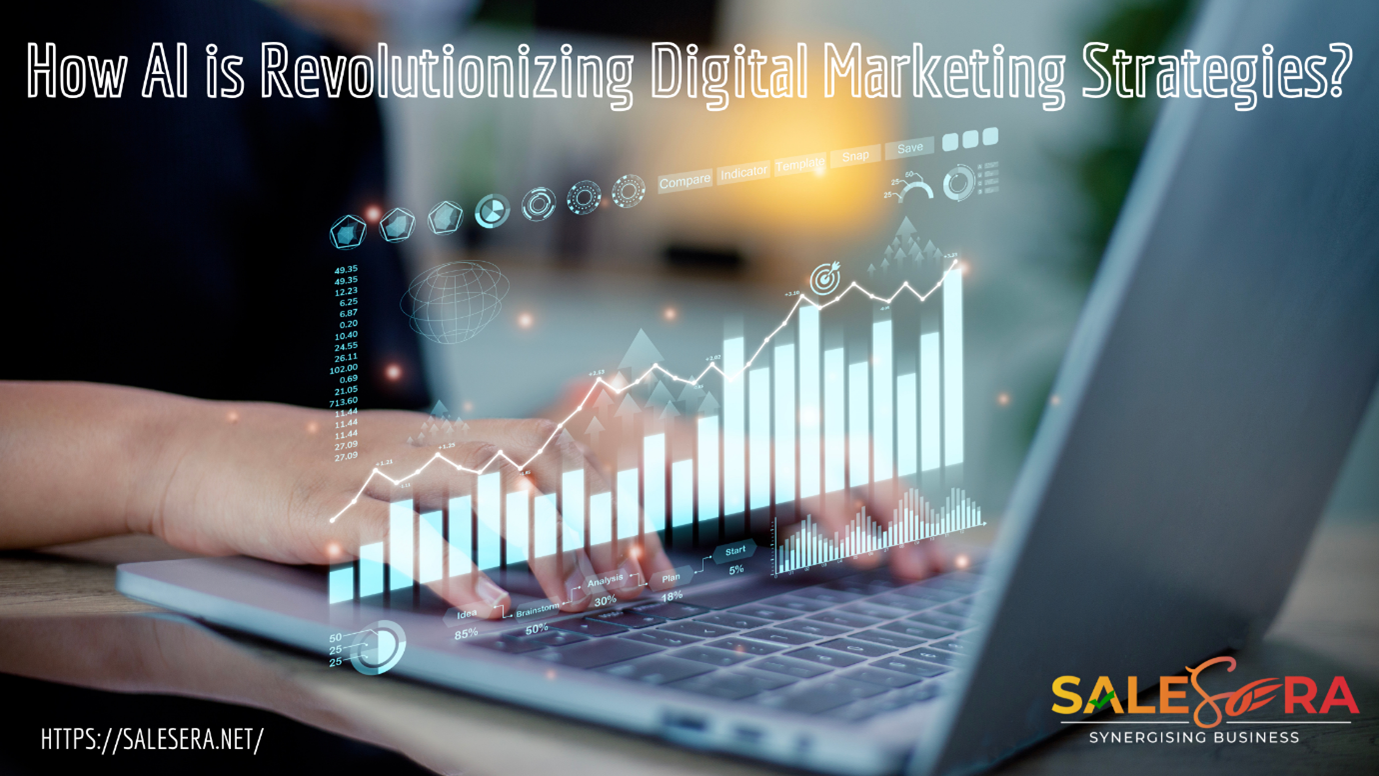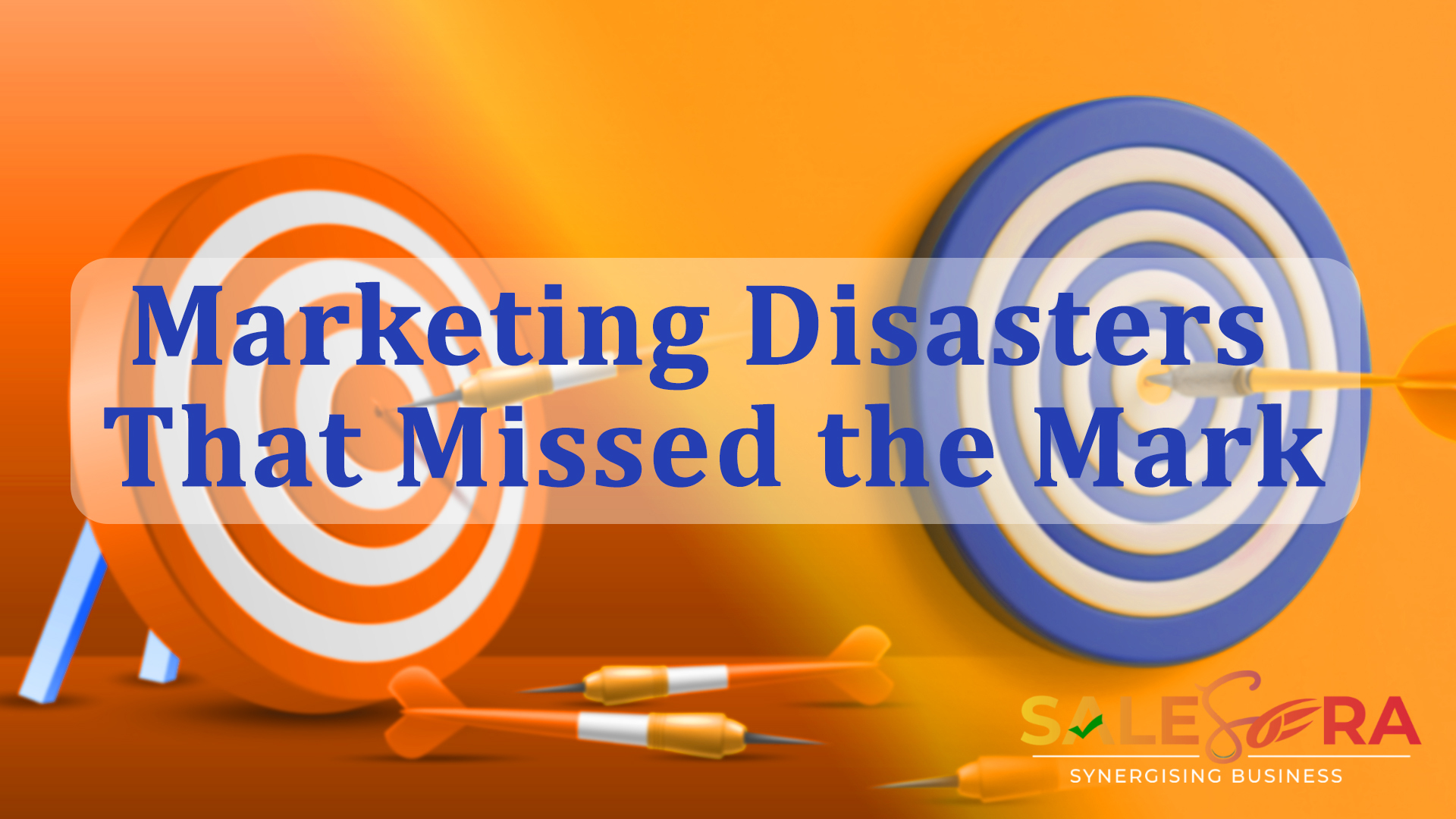In the ever-evolving world of business-to-business (B2B) marketing, staying ahead of the curve is crucial for success. One strategy that has gained significant traction in recent years is influencer marketing. While it’s often associated with consumer brands and lifestyle products, B2B companies can also harness the power of influencers to drive their marketing efforts. In this blog, we’ll explore how B2B businesses can effectively utilize influencer marketing to reach their target audience, build trust, and boost their bottom line.
Understanding B2B Influencer Marketing:
Before diving into the “how,” let’s first understand the “what” and “why” of B2B influencer marketing.
What is B2B Influencer Marketing?
B2B influencer marketing involves collaborating with influential figures in your industry or niche to promote your products or services. These influencers, often experts or thought leaders, have a substantial following and credibility within your target audience. By partnering with them, you can tap into their reach and reputation to enhance your brand’s visibility and credibility.
Why B2B Influencer Marketing?
Influencers are seen as experts in their field. Their endorsement can lend credibility to your brand and offerings, making potential clients more likely to trust and engage with your business.
Influencers have a dedicated and engaged following. Partnering with them can help you reach a wider and more attentive audience.
Collaborating with influencers often leads to the creation of high-quality, relevant content, which can be repurposed across various marketing channels.
Associating your brand with industry thought leaders can help position your company as a trusted authority in your field.
Steps to Effective B2B Influencer Marketing:
- Identify Your Target Audience
Before reaching out to influencers, it’s crucial to define your target audience. Who are your ideal clients? What challenges do they face? Knowing this will help you find influencers whose followers align with your potential customers.
- Research and Identify Influencers
Once you’ve identified your target audience, start researching influencers in your industry. Look for individuals who have a substantial following, produce valuable content, and have a strong online presence. Tools like BuzzSumo and Social Blade can assist in this process.
- Establish Authentic Relationships
Building genuine relationships with influencers is key. Don’t approach them solely for promotional purposes. Engage with their content, share their insights, and offer value before making any requests. Authenticity goes a long way in influencer marketing.

- Define Clear Objectives
What do you want to achieve with your influencer marketing campaign? Whether it’s lead generation, brand awareness, or thought leadership, setting clear objectives will guide your strategy and help you measure success.
- Collaborate on Valuable Content
Work closely with your chosen influencers to create content that resonates with your audience. It should be informative, engaging, and relevant to your industry. This can include blog posts, webinars, podcasts, or social media campaigns.
- Promote Content Strategically
Once you’ve created valuable content with your influencers, it’s time to promote it. Share it across your social media channels, email newsletters, and website. Encourage your influencers to share it with their followers as well.
- Measure and Analyze Results
Use analytics tools to track the performance of your influencer marketing campaign. Measure key metrics like website traffic, lead generation, and conversions. Analyze the data to refine your strategy and optimize future campaigns.
- Compliance and Disclosure
Ensure that your influencer marketing campaigns adhere to legal guidelines and ethical practices. Disclose partnerships transparently to
maintain trust with your audience.
To inspire your B2B influencer marketing efforts, here are a few success stories from well-known brands:
- Adobe: Adobe partnered with renowned photographer @Pei Ketron to showcase the capabilities of Adobe Lightroom. Her authentic content resonated with photographers and creative professionals, boosting product awareness and usage.
- IBM: IBM’s #NewWaytoWork campaign featured influencers like Brian Fanzo (@iSocialFanz) and Dion Hinchcliffe (@dhinchcliffe). This campaign positioned IBM as a thought leader in the future of work and technology.
- HubSpot: HubSpot’s collaboration with industry influencers resulted in the creation of valuable resources like ebooks, webinars, and blog posts. These resources helped them generate leads and establish authority in the inbound marketing space.
To conclude, in today’s competitive B2B landscape, influencer marketing can be a game-changer for your business. By identifying the right influencers, building authentic relationships, and creating valuable content, you can boost your brand’s visibility, credibility, and bottom line. Remember that B2B influencer marketing is a long-term strategy, and success often takes time, patience, and consistent effort. So, start identifying potential influencers in your niche, craft a well-thought-out strategy, and watch your B2B business thrive in the world of influencer marketing.













